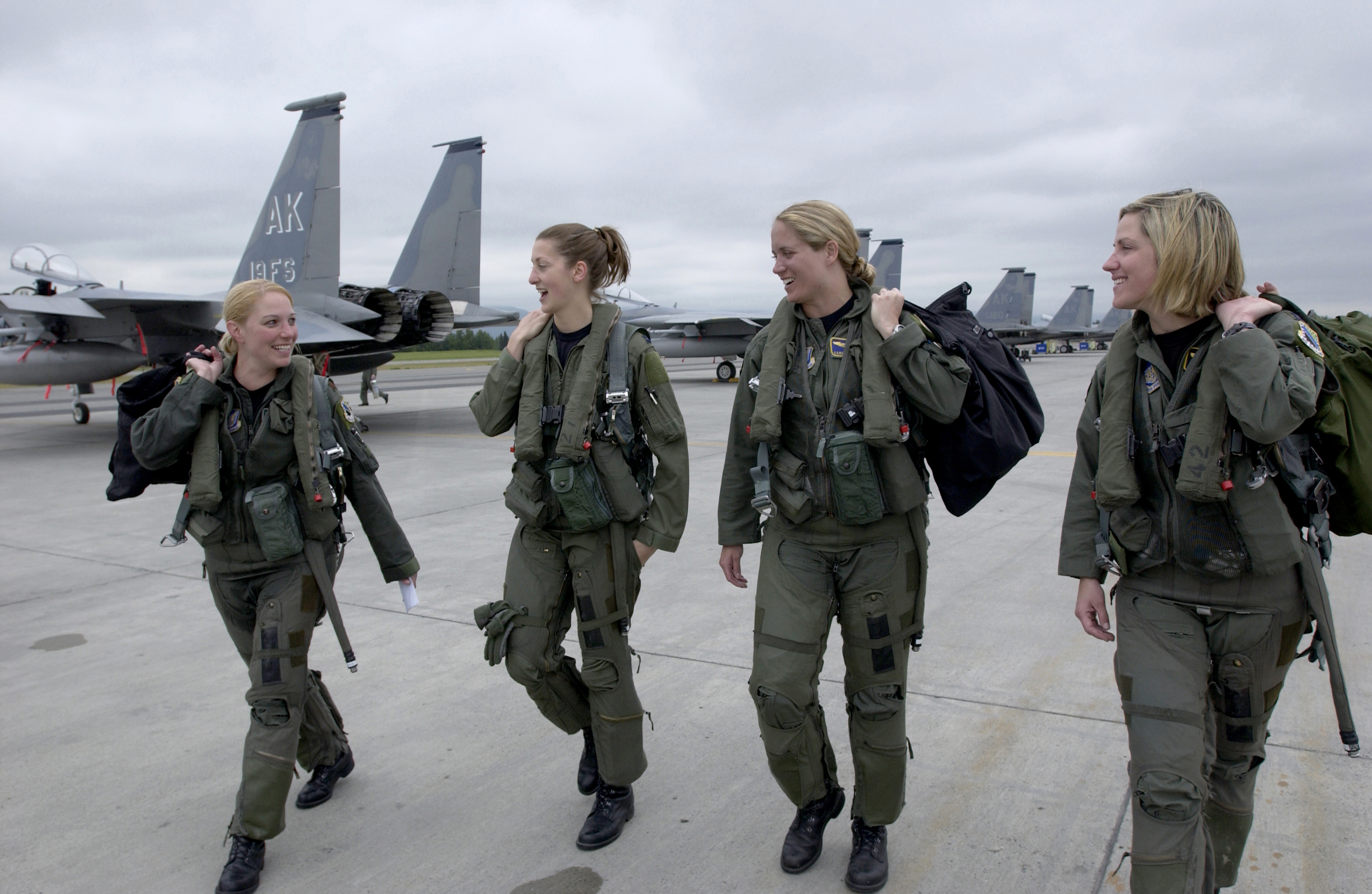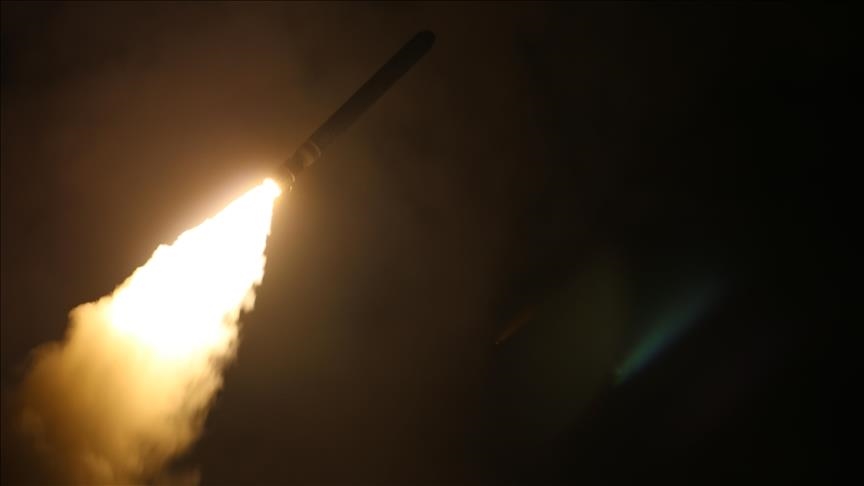By Quinn Farr, Year 12
Sexual discrimination and assault is a perpetual issue throughout the world. Every country has it, one way or another. But today, there seems to be a superfluous amount of sex crimes and trafficking toward women, and no one seems to know how to stop it. Or we know how to stop it, but we seem incapable of finding a starting point.
Sexual assault is on a spectrum. That spectrum determines the context in which sexual assault occurs. This can mean domestic sexual violence and inequality, sexual inequality and violence in the workplace, and many more. But in September, I had the honor of attending the 37th Human Rights Council Session for their Annual Discussion on the Integration of a Gender Perspective, and I was introduced to a new context that I had never thought about before: gender inequality and violence in a militarised society.
While listening to panelists, it occurred to me that I had never thought about what effect weapons in society had on social and gender context. The panelists, especially Madeleine Selina Rees, OBE, a British lawyer and current Secretary General of the Women’s International League for Peace and Freedom, seemed to suggest that having weapons, especially guns in a society perpetuated a patriarchal way of thinking. Her claim was that military weapons had a masculinity to them, and allowing them to remain in society, both legally and illegally, was a disservice to the progression of the gender equality movement.
And think about it: besides the movies, when do we ever associate guns with women? It’s never been thought very feminine, has it? Hunting, for example, always has seemed to be a man’s thing, and so has, for example, the military. This dominance demonstrated over weapons by men feels a lot like we are also allowing men to demonstrate the dominance of the ‘powerful’ role in society. If men are associated with weapons, and weapons are associated with power, then, of course, there is going to be gender inequality in a society.
That, of course, is not to say that there aren’t exceptions. Women in the military are becoming increasingly common. But instead of trying to change the role of weapons in our society, the stereotype, why don’t we just break stereotype? Why don’t we take the weapons away?
This, of course, is not particularly easy to do when we are talking about illegal arms, but legally, coming from the government, why don’t countries reform?
The Annual Discussion has taught me that there are many things that we could start with legally, to match the social changes in society about gender inequality, but nations, however, much they claim to advocate for gender equality seem incapable of changing indirect issues that would directly affect the gender equality movement. Governments around the world are putting of reform, as Madeleine Rees says, in “benign neglect.”



